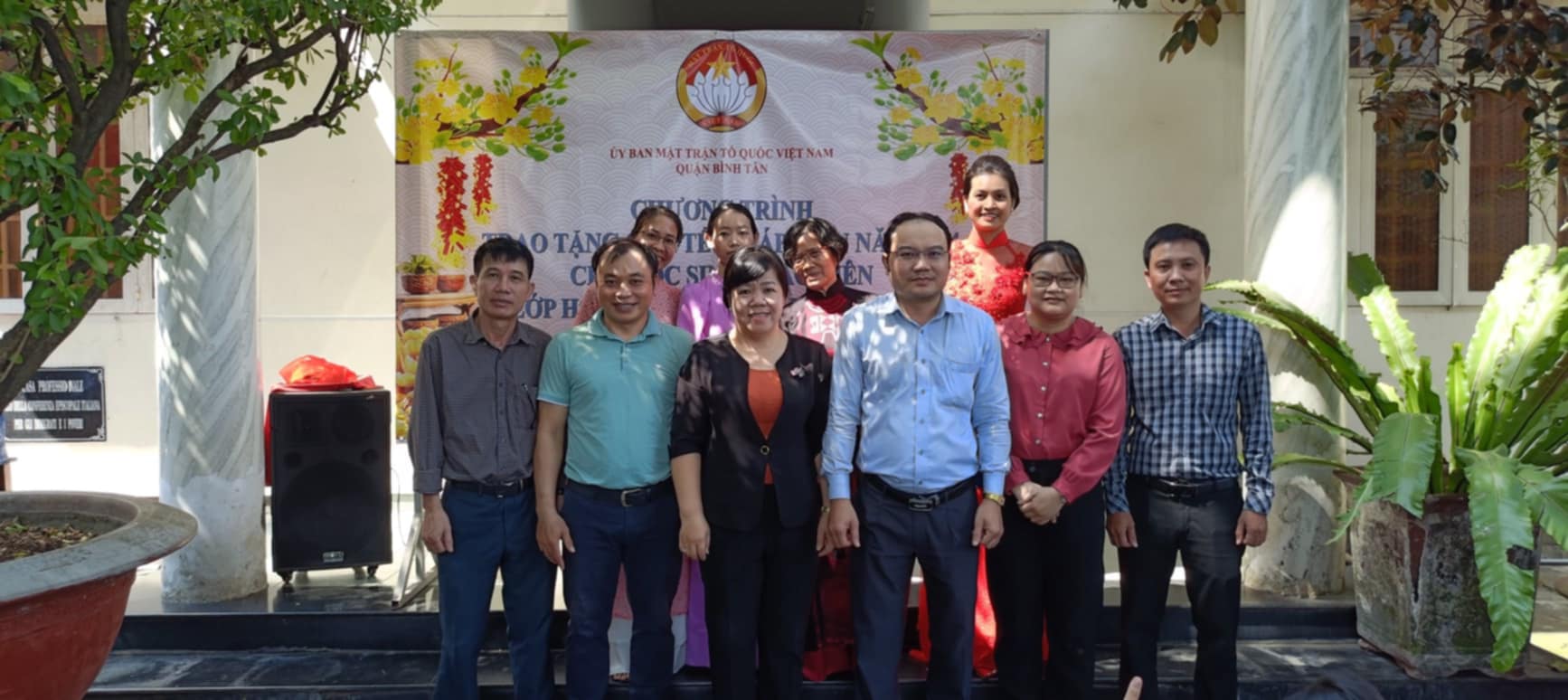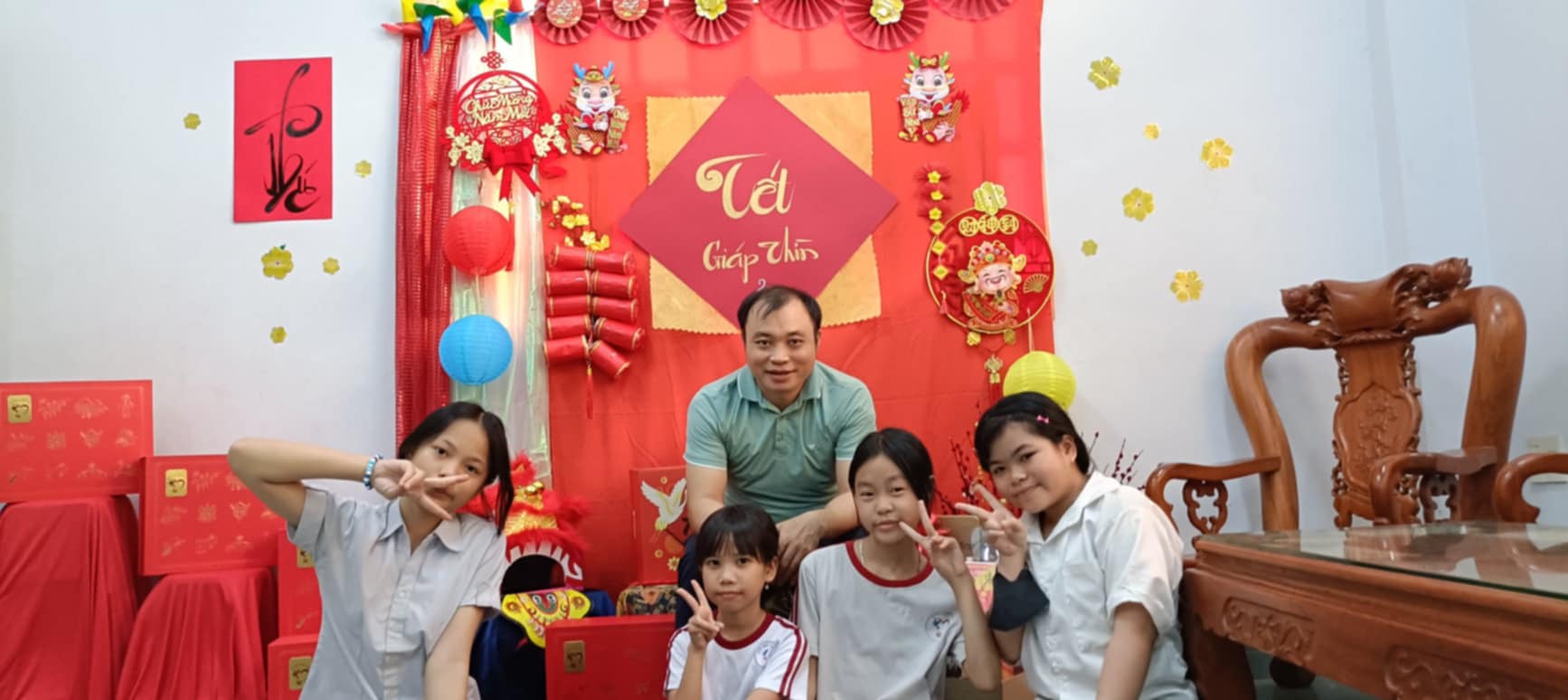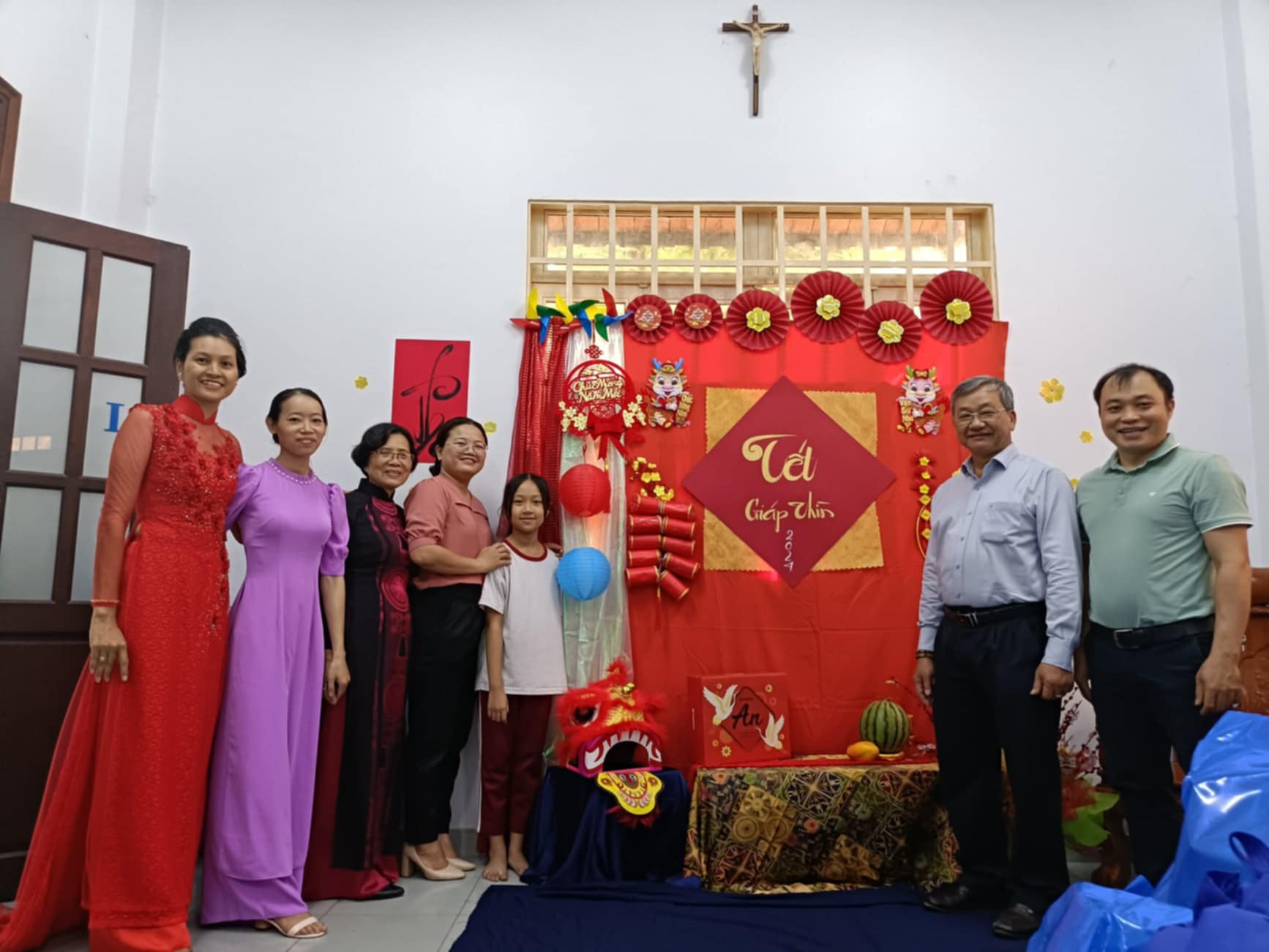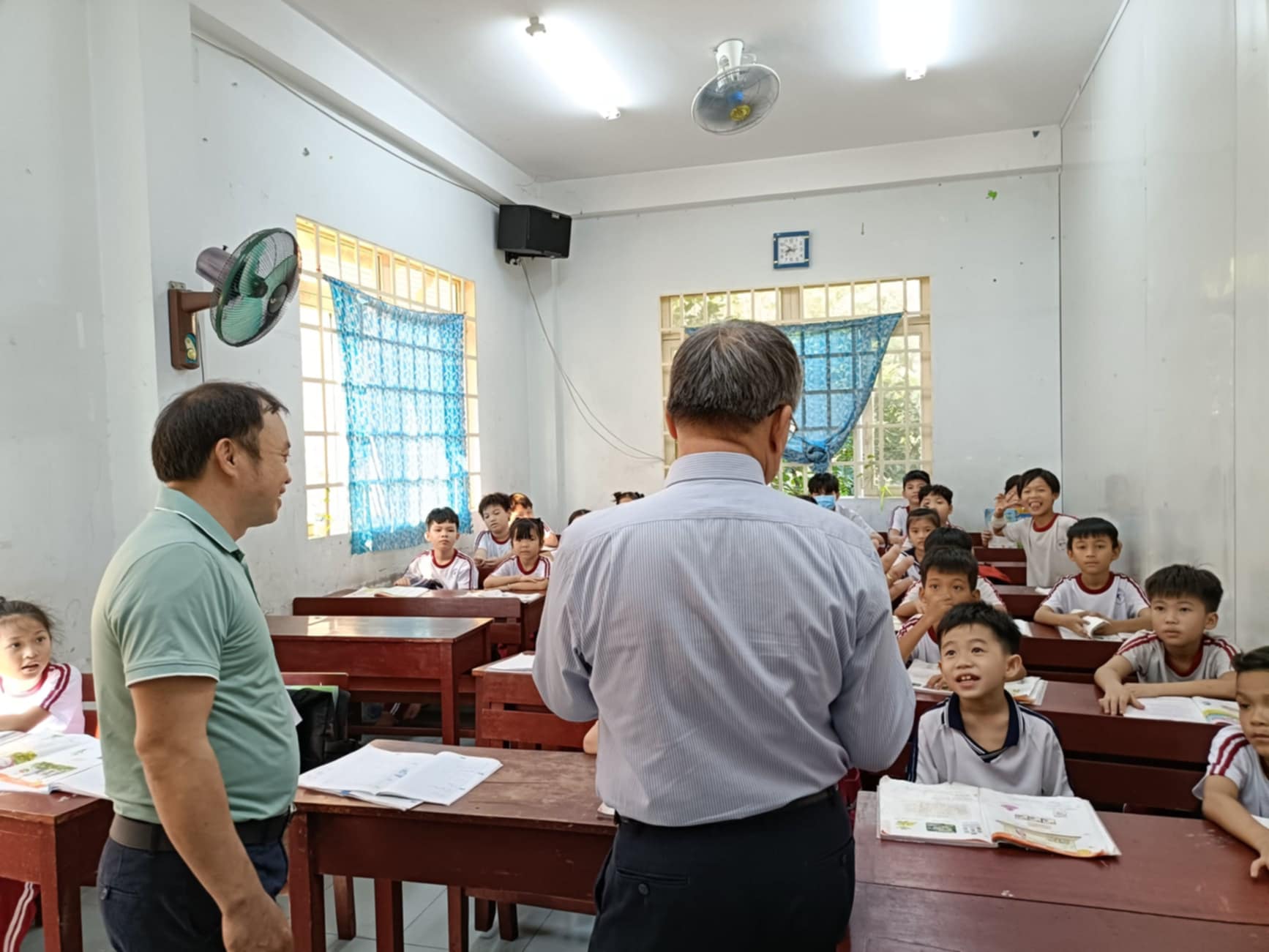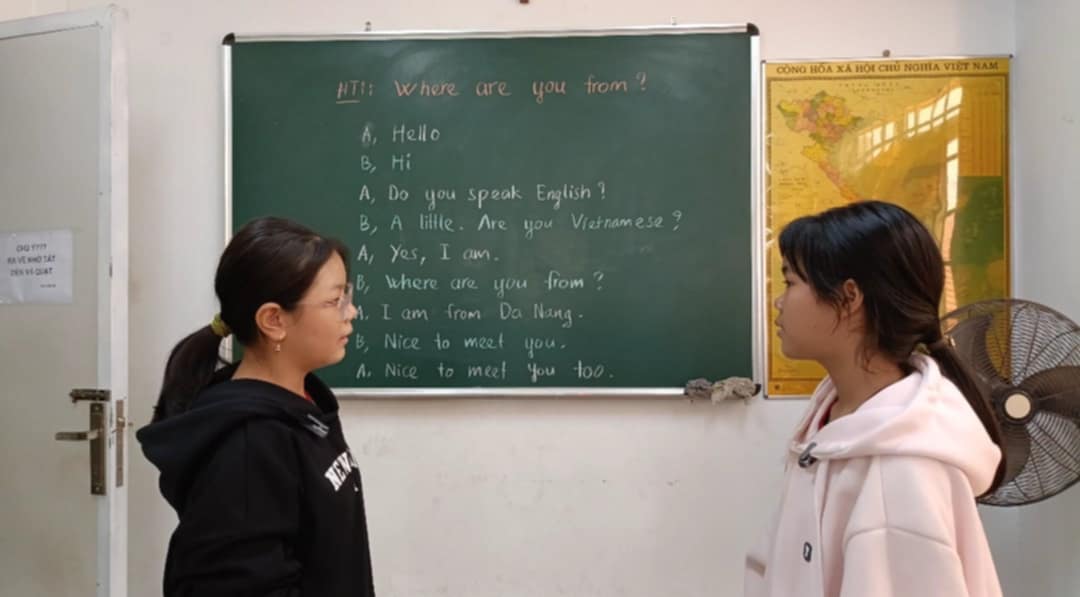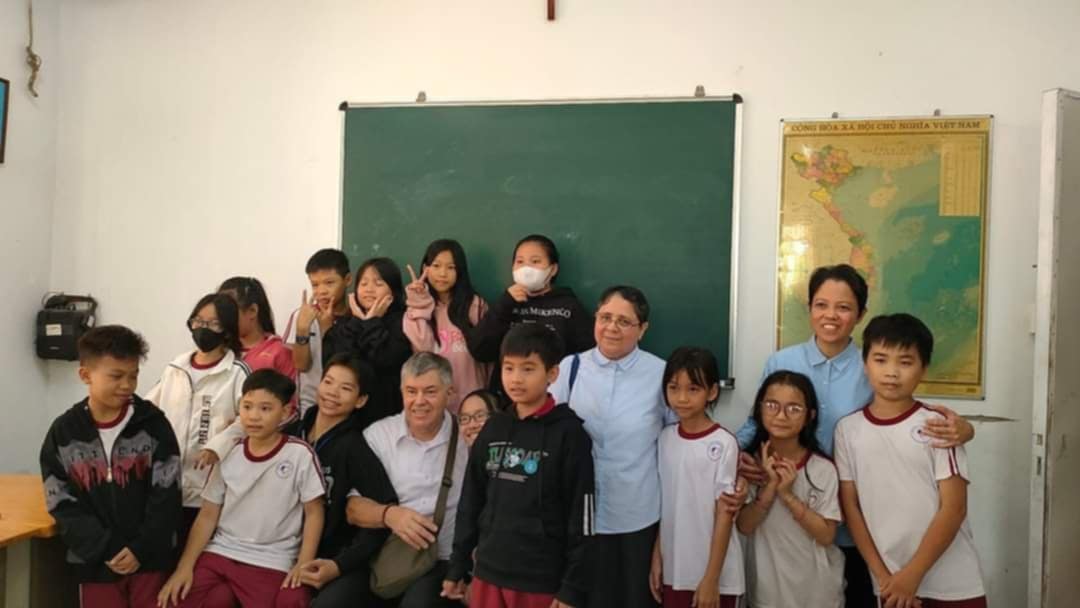Vocabularies teaching
Ratings
Review
World TESOL Academy offers enriching experiences in teaching and learning vocabulary that educators find highly beneficial. Participants often highlight the following advantages:
Comprehensive Curriculum: The academy provides a well-structured curriculum that covers diverse teaching methods and strategies for vocabulary instruction, catering to various learning styles and levels.
Practical Techniques: Educators gain practical techniques such as mnemonic devices, word maps, and contextual learning approaches that make vocabulary acquisition engaging and effective.
Interactive Workshops: Hands-on workshops foster a dynamic learning environment where educators actively practice implementing new vocabulary teaching methods, receiving immediate feedback and support.
Cultural Awareness: The academy emphasizes the importance of cultural sensitivity in vocabulary teaching, equipping educators to teach words within relevant cultural contexts, promoting deeper understanding and appreciation.
Positive Feedback: Many participants report improved student engagement and retention rates in vocabulary learning, attributing these successes to the methodologies and insights gained from World TESOL Academy's programs.
Continued Growth: Beyond initial training, ongoing support and access to updated resources ensure that educators continue to refine their vocabulary teaching skills, staying current with evolving educational practices.
These experiences demonstrate how World TESOL Academy equips educators with effective tools and strategies to enhance vocabulary instruction, ultimately fostering a more engaging and impactful learning environment for students worldwide.
Future participants in vocabulary teaching workshops or sessions would likely want to know a variety of things to enhance their learning experience, such as:
Effective Teaching Strategies: Participants would want to learn about proven methods and strategies for teaching vocabulary that have yielded positive results in diverse educational settings.
Engaging Activities and Resources: They would be interested in discovering engaging activities, games, and resources that make vocabulary learning enjoyable and effective, especially those that cater to different learning styles and preferences.
Integration of Technology: Given the prevalence of technology in education, participants may want insights into how to effectively integrate digital tools and resources into vocabulary teaching to enhance engagement and learning outcomes.
Differentiated Instruction: Understanding how to differentiate vocabulary instruction to meet the needs of diverse learners, including English language learners and students with varying proficiency levels, would be valuable.
Assessment and Feedback: Learning about various methods for assessing vocabulary knowledge and providing constructive feedback that supports continuous improvement in vocabulary acquisition.
Cultural and Contextual Relevance: Exploring ways to incorporate cultural and contextual relevance into vocabulary teaching to make learning meaningful and relatable for students from diverse backgrounds.
Professional Development Opportunities: Information on ongoing professional development opportunities, such as conferences, webinars, or online courses focused on vocabulary instruction, would be beneficial.
Research-Based Insights: Access to research-based insights and evidence supporting effective vocabulary teaching practices, as well as staying informed about current trends and developments in the field.
Collaboration and Networking: Opportunities for networking with other educators, sharing best practices, and exchanging ideas and experiences related to vocabulary teaching.
Media
